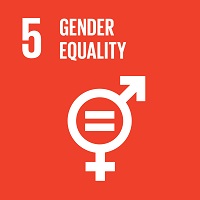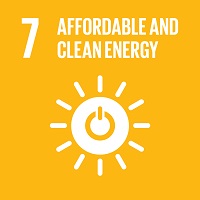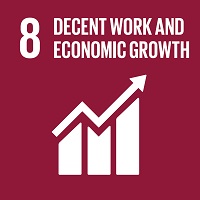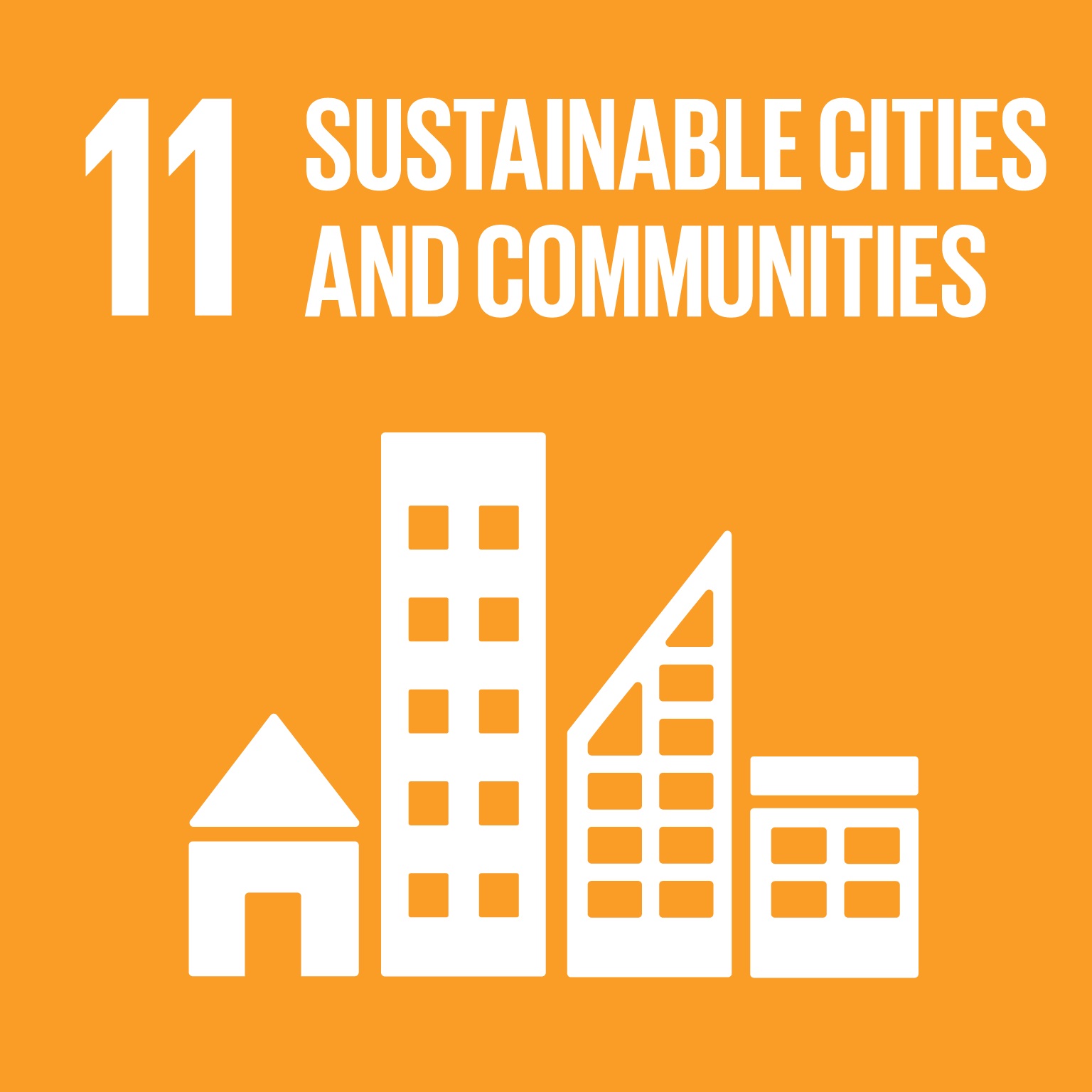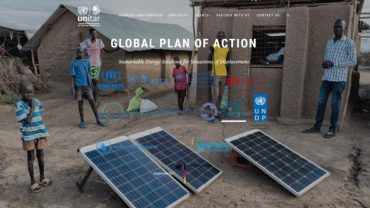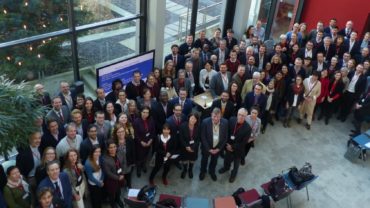This project’s overarching goal is reducing public health risk and to stabilize household livelihoods in humanitarian crisis by improving delivery of waste management services, access to energy and income generating activities through implementation of innovative waste-to-energy solutions.
In this context, the role of UNEP DTU partnership was to identify appropriate waste-to-energy solutions tailored to the context of three pilot countries affected by large movements of refugees/migrants (Jordan and Turkey) and climate change/disasters (Tokelau in the Pacific Ocean).
UNEP DTU Partnership’s role included developing the technical and economic feasibility assessments of the proposed solutions.
Waste management poses an important challenge to cities, not only because of its contribution to climate change, but also because of its related socioeconomic and environmental impacts. Countries affected by humanitarian crises and/or climate change-related disasters suffer the negative effects of poorly managed waste management systems and lack of access to energy sources, which are intensified by high migration flows caused by extreme events such as wars and natural disasters.
This situation often tends to exacerbate environmental, health and social problems, generating conflicts between affected populations (e.g. host communities and refugees´ communities).
In this context, it becomes necessary to quickly implement suitable waste management and energy supply solutions; however the focus should be shifted to build community resilience to future extreme men and climate-driven events and create a sustainable path to development.
In this context, turnkey waste to energy onsite solutions would provide an opportunity to address both the waste management and energy supply challenges under humanitarian contexts. Waste-to-energy is regarded as key element in sustainable waste management and energy recovery, representing an option in contexts in which organic and residual waste cannot be effectively reused and/or recycled.
The treatment of these waste streams and their conversion to energy and material resources would avoid greenhouse gas emissions, that otherwise would be generated by the disposal of waste in landfills and dumps.
Share this
Focus area: Climate Planning and Policy, Supporting sustainable energy & transport access & transition
